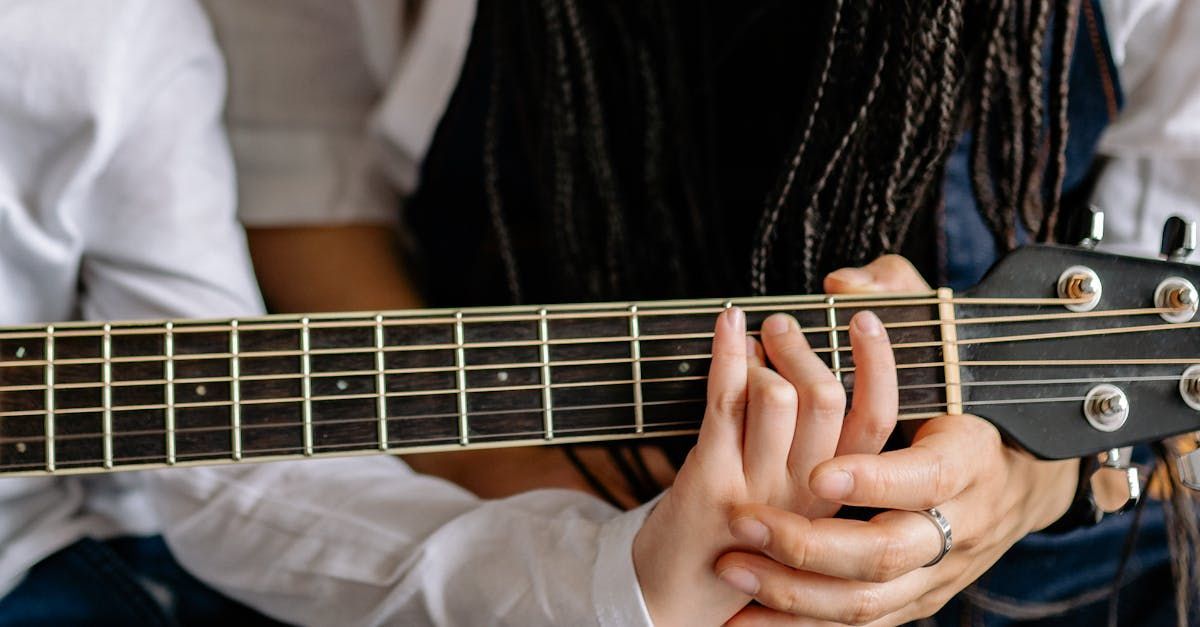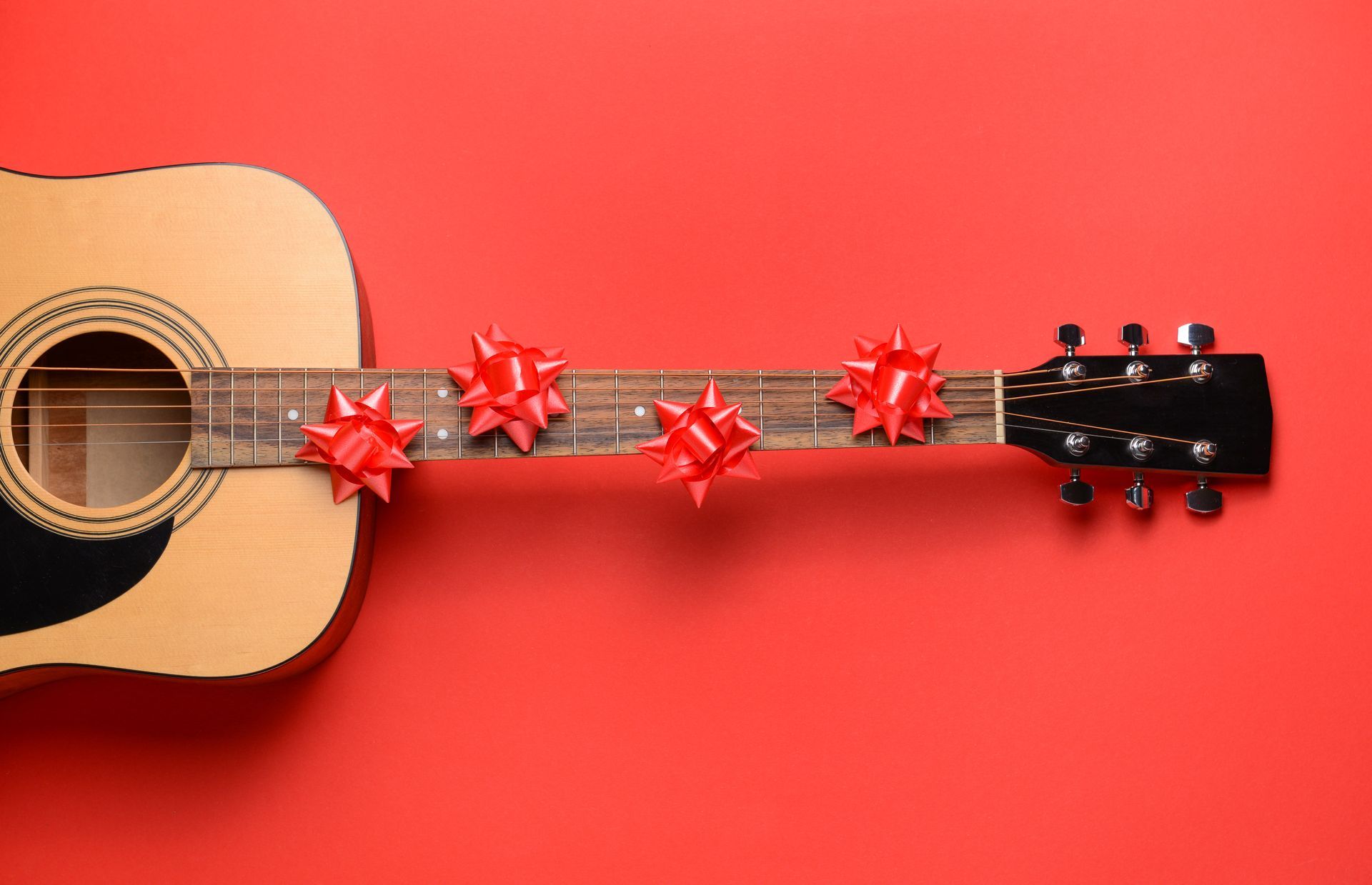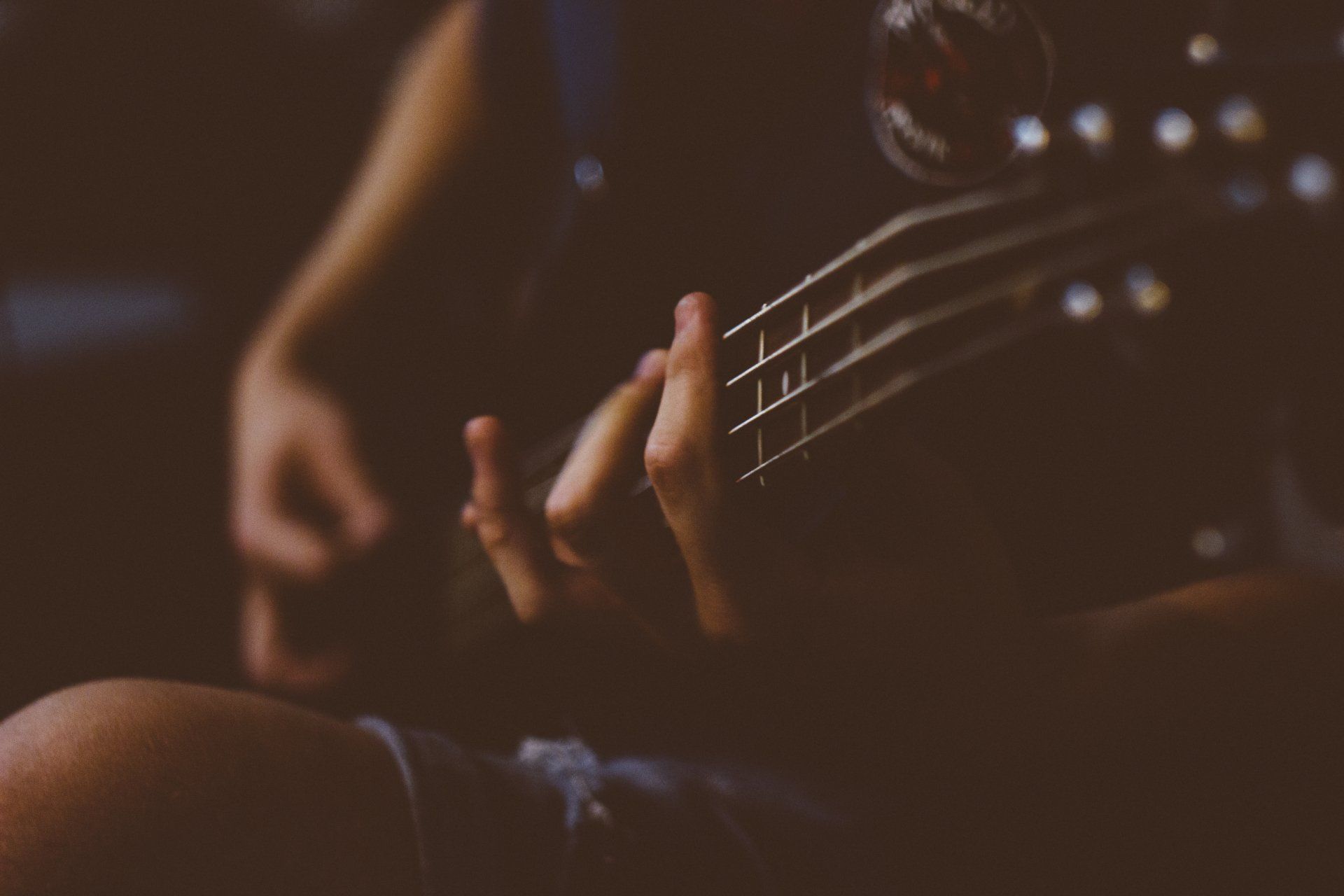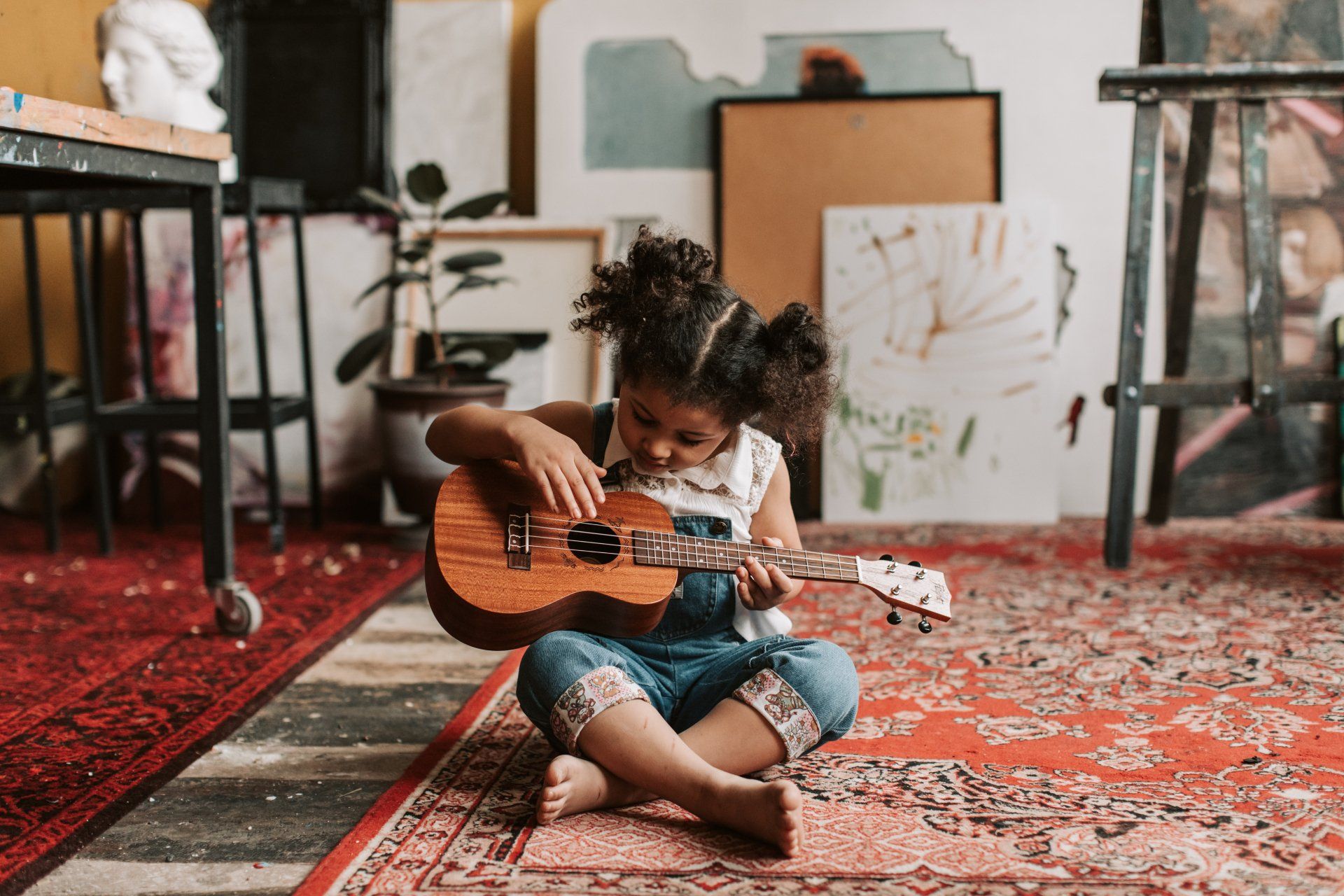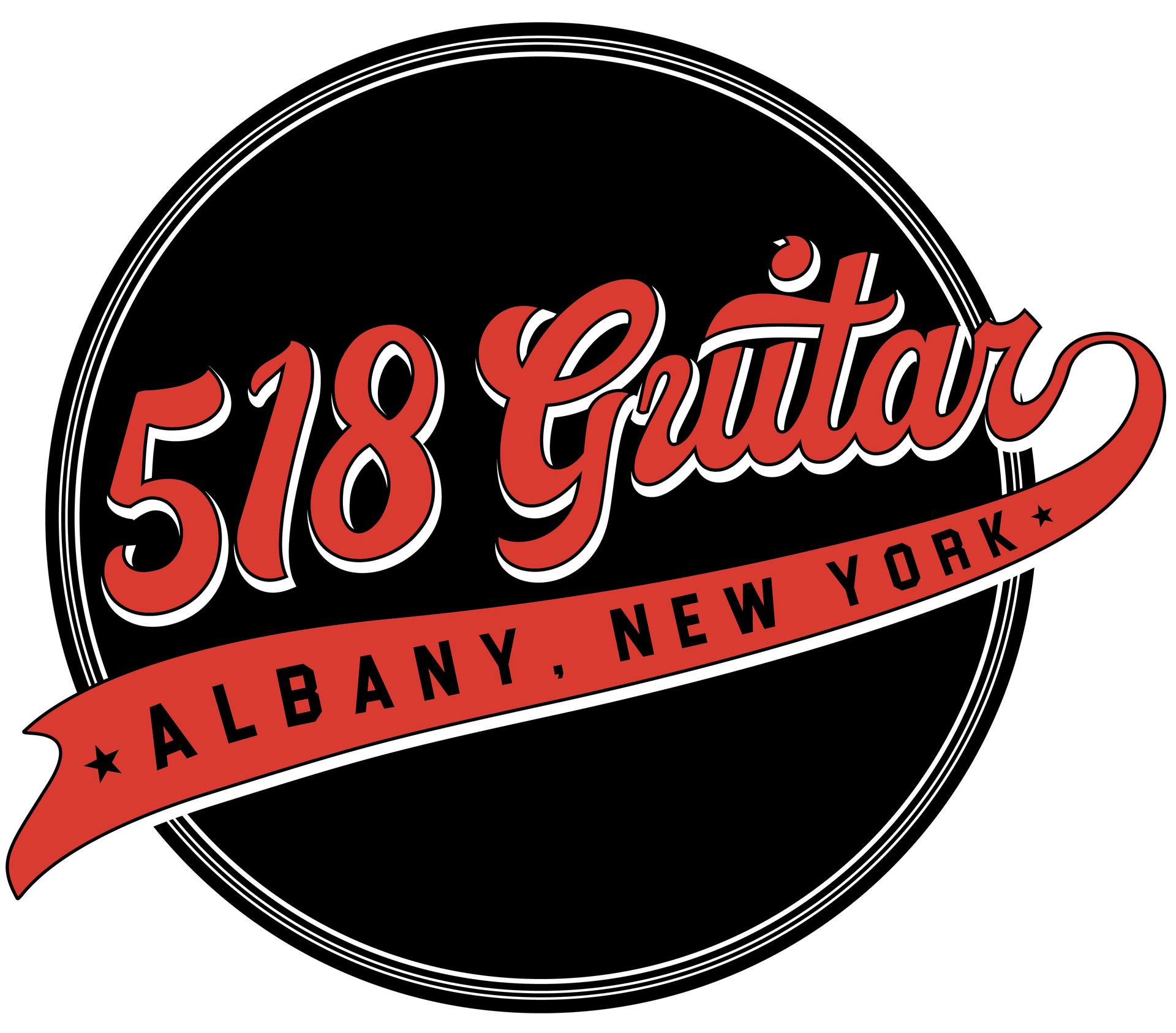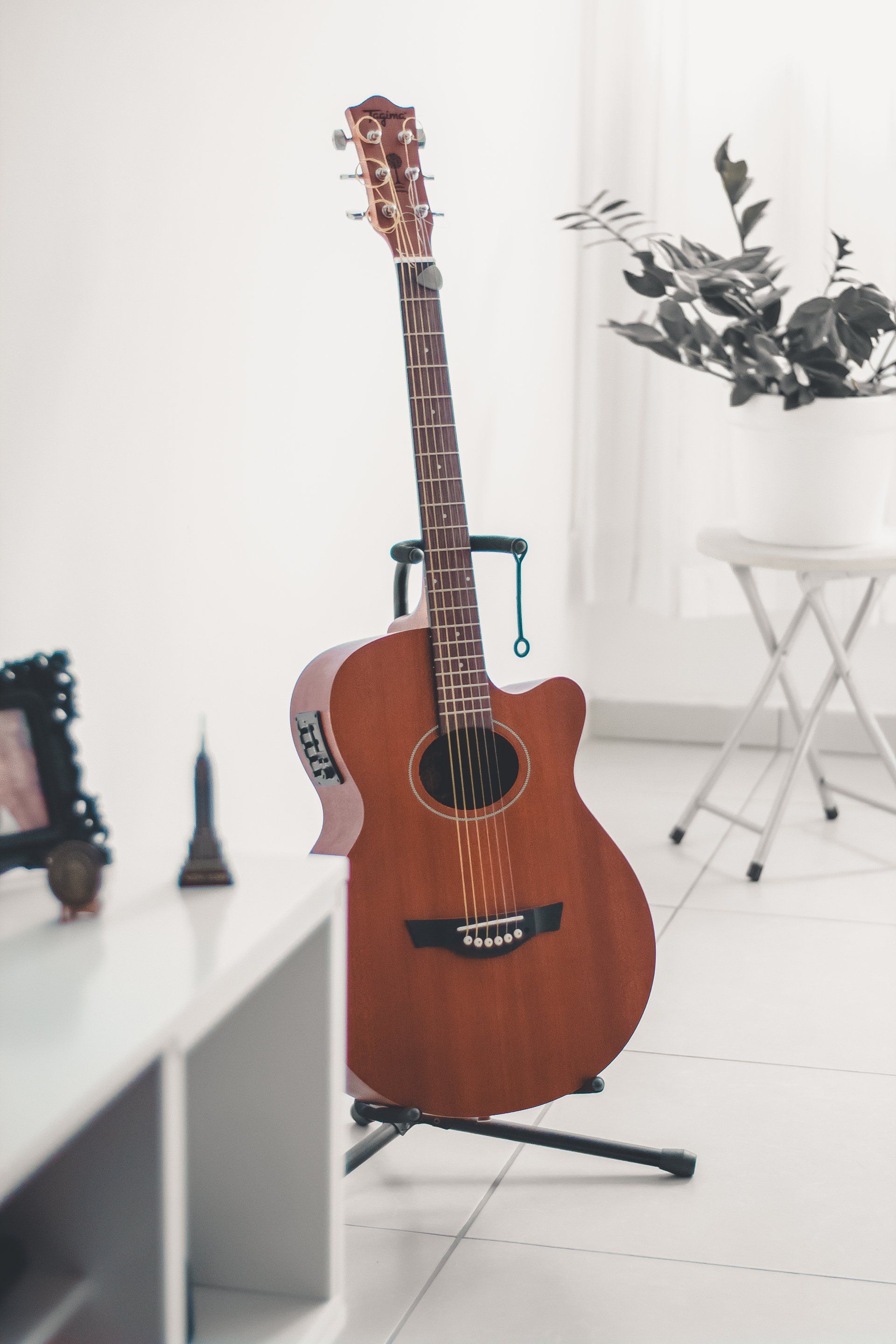NO, no and no.
Ok...I guess it's not quite that clear cut. It's a "mostly no", but, there are some conditions when it might be acceptable.
Leaving your guitar in your vehicle can expose it to extreme temperatures and rapid changes in humidity, both of which are harmful to wooden instruments like guitars. Here’s why it’s a bad idea, especially for beginners who might not be aware of the potential damage:
1.
Heat: Cars can become significantly hotter than the outside temperature when parked in the sun. The glue that holds various parts of the guitar can weaken and melt under high heat, leading to parts like the bridge or neck becoming loose or detaching altogether. The wood can also warp, which may cause irreversible damage to the body of the guitar, affecting both its appearance and sound.
2.
Cold: Just as extreme heat can damage your guitar, so can cold. When left in a cold vehicle, the wood of the guitar can contract, leading to cracks and splits in the wood. Additionally, when you bring the guitar back into a warm environment, condensation can form on the instrument, potentially damaging the wood and electronics inside.
Conditions where it may be acceptable:
Temperature-controlled environments:
If your vehicle has a stable, moderate temperature and is not subject to fluctuations (like in an underground parking garage with climate control), the risks are lower. However, it's still not ideal.
Short durations:
If absolutely necessary, you can leave your guitar in the vehicle for a short period of time, provided the weather is mild and you’re parked in a shaded area. However, it's crucial to minimize this as much as possible and never leave it for extended periods or under extreme weather conditions.
For beginners, it's particularly important to maintain your guitar in a stable, safe environment to ensure its longevity and performance. Always consider carrying your guitar with you or storing it in a safe place rather than leaving it in a vehicle.

